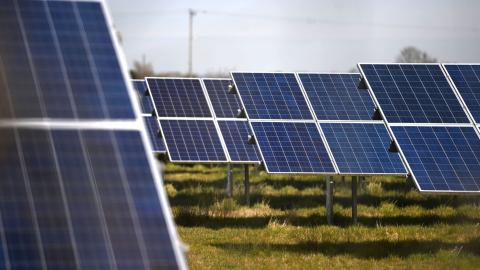New EU legislation will raise recycling and reporting standards for batteries, regardless of chemistries. Although motivated by battery use in electric vehicles, the regulations also place obligations on data center operators.
filters
Explore All Topics
There is more to managing server power than just conserving energy when the machine is idle. Another side to optimizing energy performance involves setting processor performance levels appropriate for the application.
Without the active contribution from IT, data center infrastructure energy performance and sustainability will fall short of aspirations. Server power management features remain unexplored and underused by most efficiency initiatives.
Operators are missing opportunities to lower costs and energy use by not using utilization and power management data, an Uptime Intelligence survey on IT and power efficiency suggests.
Germany’s Energy Efficiency Act makes a PUE of 1.2 mandatory for all new data centers starting in 2026. This has reignited a debate: can a data center be both highly available and highly efficient?
Large colocation and public cloud companies have been growing strongly and very publicly, but enterprises continue to add data center capacity too, Uptime Intelligence data shows.
Despite high expectations, most operators will only see moderate impact from specialized AI hardware installations in the immediate future. The emergence of AI as a major force will sway the industry in a more profound, but less direct, fashion.
New survey data allows Uptime Institute to look at industry power usage effectiveness (PUE) in finer detail. Comparing PUE by compute capacity shows that, on average, larger sites have lower PUEs.
This Q&A brings together questions and answers from a webinar on the transactions per megawatt hour metric. Topics include power management, server refresh and sustainability, GHG emissions, IT metrics and utilization rates.
Improving data center infrastructure energy efficiency is vital in helping organizations contain costs and carbon emissions that result from IT growth. This report compares seven projects using a data- and experience-based model.
As part of the Uptime Institute Global Data Center Survey 2023, data center equipment vendors and consultants were asked about customer spending, supply chains and DCIM adoption. This report highlights the key findings.
The main payoff is clear: power management’s impact on performance is demonstrably low, and in most cases, customers will probably not notice that it is turned on. Even at higher points of utilization, the impact on performance is minimal.
The testing of backup power systems is crucial for ensuring that data center operations remain available through power interruptions. By cutting all power to the facility and replicating a real-world electrical grid failure, pull-the-plug testing…
The energy crisis of 2022, resulting from Russia’s invasion of Ukraine, caused serious problems for data center operators in Europe. Energy prices leapt up and are likely to stay high. This has resulted in ongoing concerns that utilities in some…
Digital infrastructure operators have started to refocus their sustainability objectives on 100% 24x7 carbon-free energy (CFE) consumption: using carbon-free energy for every hour of operation. To establish a 24x7 CFE strategy, operators must track…
 Rosa Lawrence
Rosa Lawrence
 Daniel Bizo
Daniel Bizo
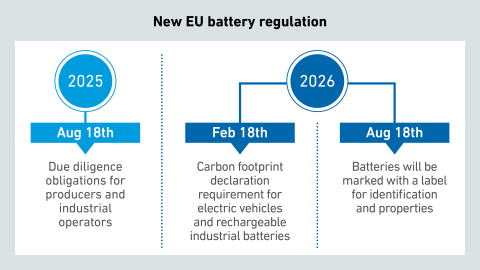
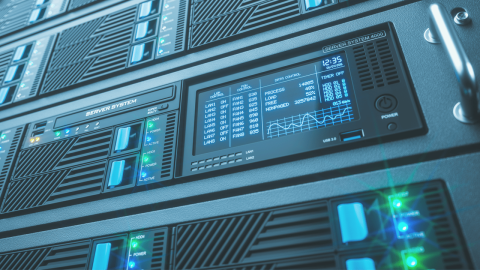
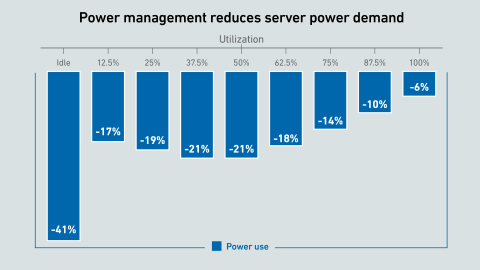
 Douglas Donnellan
Douglas Donnellan
 Jay Dietrich
Jay Dietrich
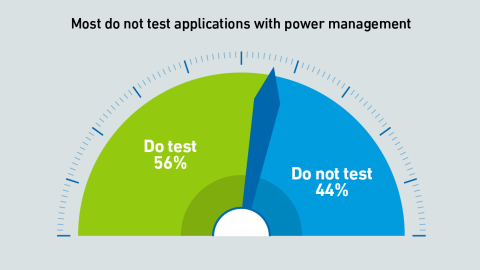
 Andy Lawrence
Andy Lawrence
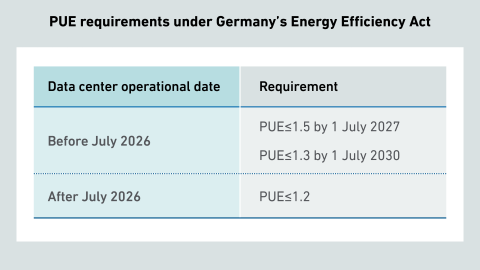

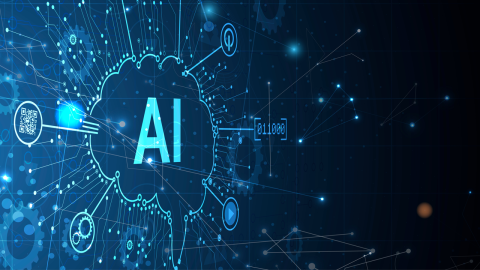
 Jacqueline Davis
Jacqueline Davis
 John O'Brien
John O'Brien
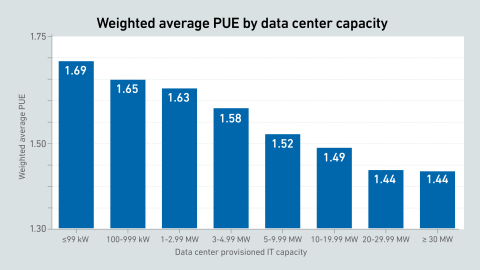
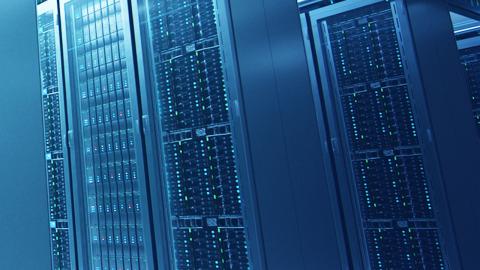
 Dr. Tomas Rahkonen
Dr. Tomas Rahkonen
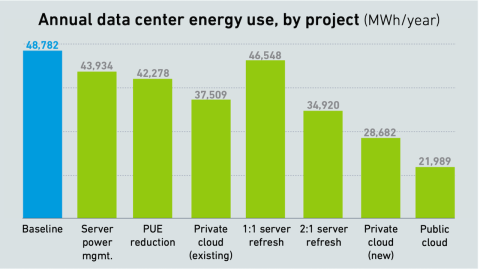
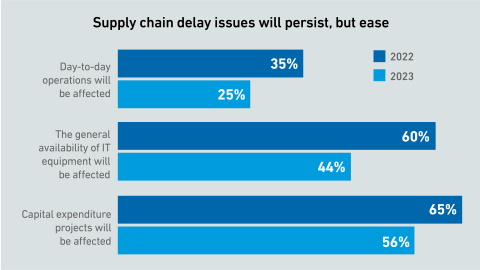


 Lenny Simon
Lenny Simon
 Max Smolaks
Max Smolaks

